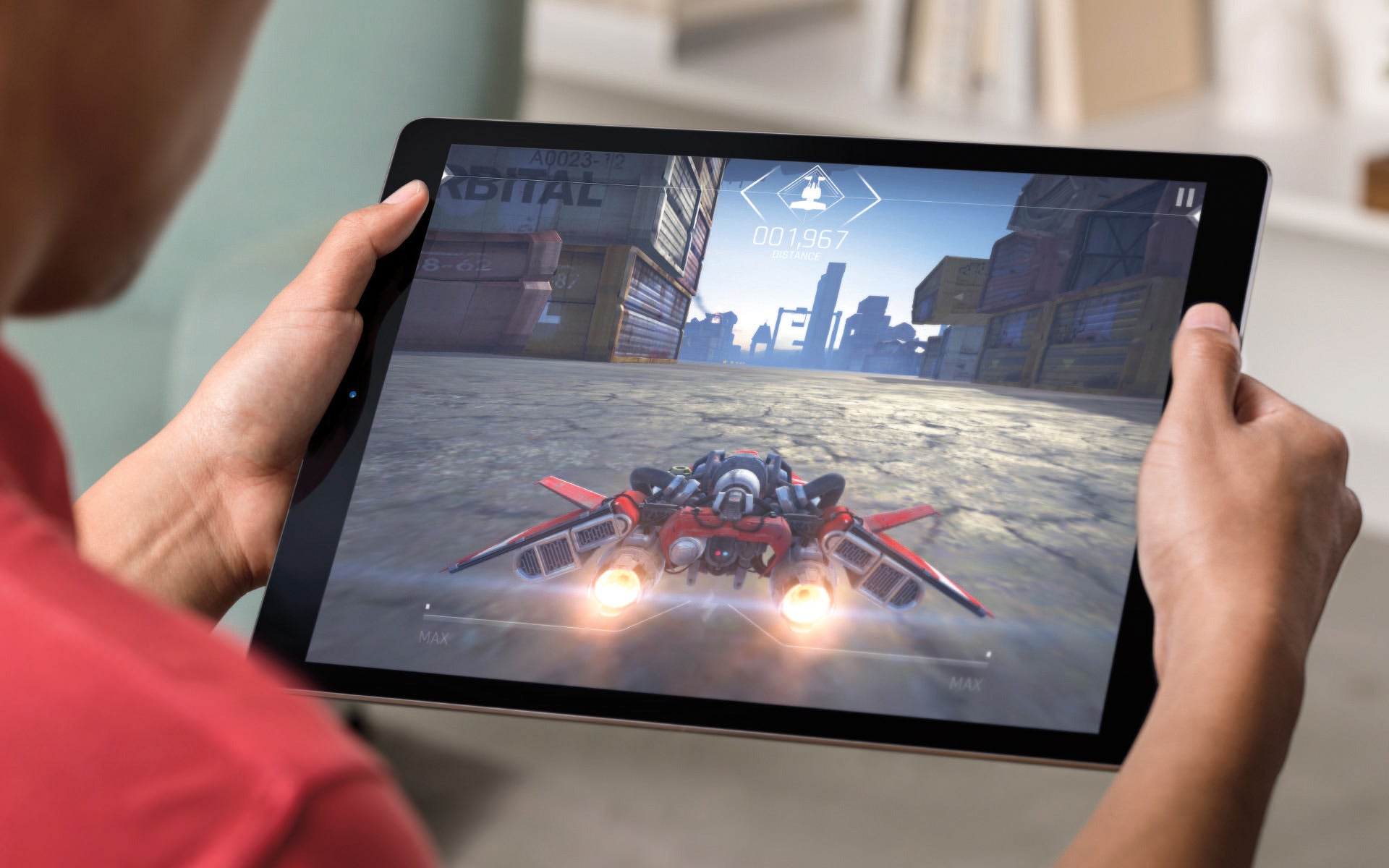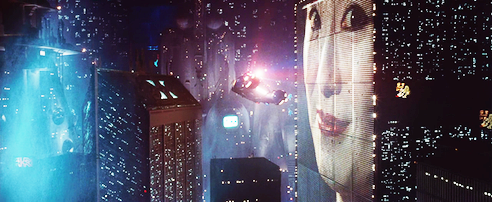Secrets to Masking Your Identity Online
In a previous post, we offered a few tips about protecting online anonymity. We addressed browser security, VPNs, TOR, and proxy servers.

Now we will explore a few other steps to masking your identity online.
Phone Security
If you’re serious about protecting your anonymity, the easiest way is to ditch your smart phone. Apple, which owns the iOS system, is obsessed with control; and Google, which owns Android, vacuums up your personal data for its advertisers. For anonymity, you need a pre-paid phone. It’s what police call a ‘burner’.
The advantage of using a pre-paid phone is that your name can’t be traced to it. Of course, GPS triangulation can still locate the phone, so you’ll have to throw it away to guarantee that your location won’t be tracked.
If you don’t want to give up your smart phone, masking your identity requires another step. You’ll need more numbers for your device. You can get extra temporary numbers through several apps.
There are some disadvantages with the temporary numbers. One is inability to call 911. Also, the pool of available numbers is small, and they’re often recycled, so you may receive calls you don’t want from people trying to reach someone who had your number before.
Available ‘burner’ number services include CoverMe, Too, Burner, and Hushed. Burner is the original.
Too charges $1.99 per month plus 3 cents per minute and 8 cents per text. CoverMe charges $4.99 for 130 texts and 130 voice voice minutes. Hushed charges $1.99 for 7 days or $3.99 per month- with limits on texts and calling. Burner charges $4.99 per month for a premium subscription with unlimited texts, calls, and pictures.
Most of Burner’s numbers expire after a specified period. Any number you don’t renew is burned. With the premium subscription, you can get a permanent second number.
In-Home Firewalls
If your computer is connected directly to a modem, then you’re vulnerable. Hackers are constantly probing IP addresses for routes into computer systems.
Masking your identity online may require a router with a built-in firewall. Such a router will assign an IP address to each home device on your network through Network Address Translation (NAT). These addresses will be visible only on your home network. This step alone will stop most direct attacks.
If your system doesn’t have a built-in firewall, you can buy a security suite with firewall software. Norton Symantec and Avast are two of the better-known providers of of such security packages.
To be continued…
You may want to do more for masking your identity online, such as securing your e-mail and finding out what information your device is giving away. We will cover these subjects in a future post. Watch for it.
If you don’t have a reliable web connection, get one. Talk to us. We can help.



